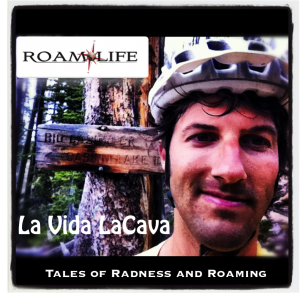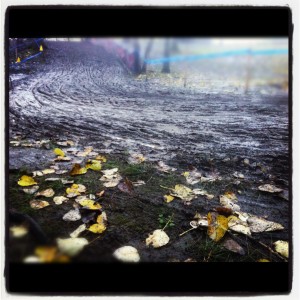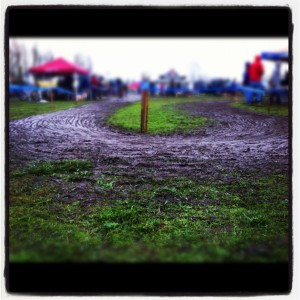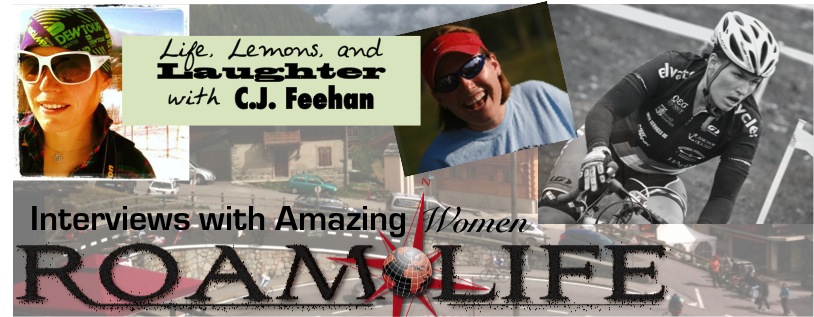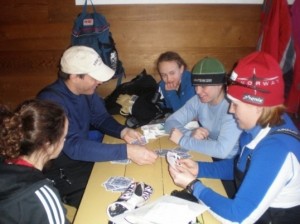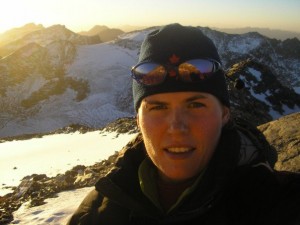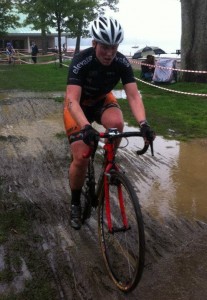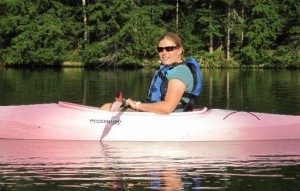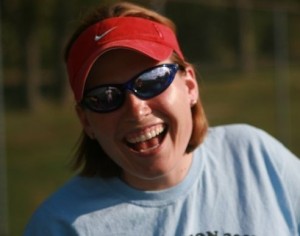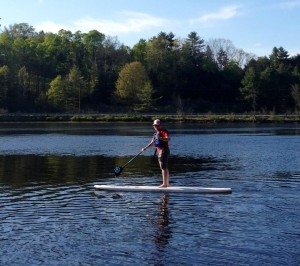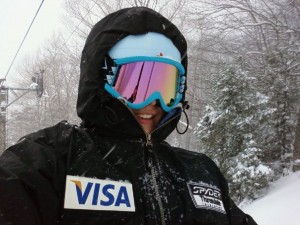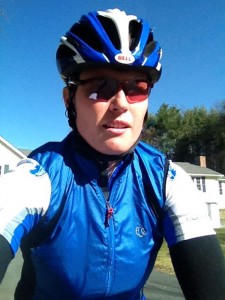Paul LaCava | December 14, 2012
Here you go! I thought I would do a story about the latest ‘cross race season and ramblings about what it means to race ‘cross and the sense of community and culture behind it. Next weekend I’ll head down to San Diego, Santa Cruz and SF for a two week coastal tour road trip!
La Vida LaCava: The Hardest Hour
Each fall, somewhere close to when the leaves begin to turn color, the itch grows. Thoughts of sweet summertime fun and sunny days part ways for the re-emergence of what has become a painful tradition. When the skies open up and winter temperament slowly develops, the act of racing road bikes around in the dirt and mud becomes a solitary focus. Another year of cyclocross racing is upon us! This is a story of this annual addiction…
Cyclocross is described as the hardest hour in cycling, but I would be inclined to call it the hardest hour in life that I can ever recall.
One to three times a week, between September and December in the Pacific Northwest, there is nothing better to do than join over a thousand of your closest friends by putting on a skinsuit and racing between the tape. The sport of cyclocross began as a sport meant to bridge the gap between the end and beginning of road racing season in northern Europe, a way to stay fit during the shadow of winter, and it’s now evolved to become a genre of cycling with a bittersweet identity. It’s known for loads of fun, and full of great anguish. ‘Cross, as they call it, is extremely popular in Oregon where I live, and we are blessed with a fantastic community of enthusiasts. A typical setting for a ‘cross race is seeing how much a person can endure for an hour in a rolling park with a mix of grass and dirt, off camber corners, and barriers that force one to jump off their bike and run up and over a stretch, looping around a 1-2 mile course many times over, with weather patterns that range from sunny to the worst rain, sleet, and snow.
…the intense clamor of hundreds of fans yelling the worst insults and odd words of encouragement imaginable to get one to just try that little bit harder.
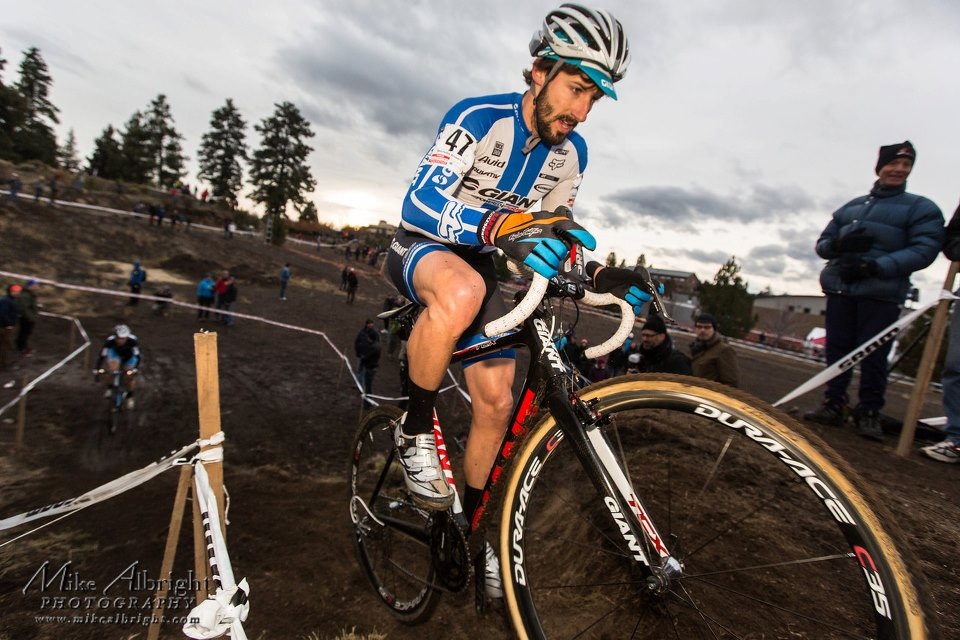 Cyclocross is described as the hardest hour in cycling, but I would be inclined to call it the hardest hour in life that I can ever recall. Why we do it, I cannot fully say. Somewhere between turning your lungs inside out, plowing through inches of slow mud on the ground, elbow to elbow with your best friends and worst enemies, with rain likely falling from the sky, is where life lessons are learned out here.
Cyclocross is described as the hardest hour in cycling, but I would be inclined to call it the hardest hour in life that I can ever recall. Why we do it, I cannot fully say. Somewhere between turning your lungs inside out, plowing through inches of slow mud on the ground, elbow to elbow with your best friends and worst enemies, with rain likely falling from the sky, is where life lessons are learned out here.
…when you were slogging over a calf deep puddle of water and mud nearly freezing your digits off, you snap back into it. You pull it together and you do what it takes to stay in the race. This is all part of the fun. This is ‘cross.
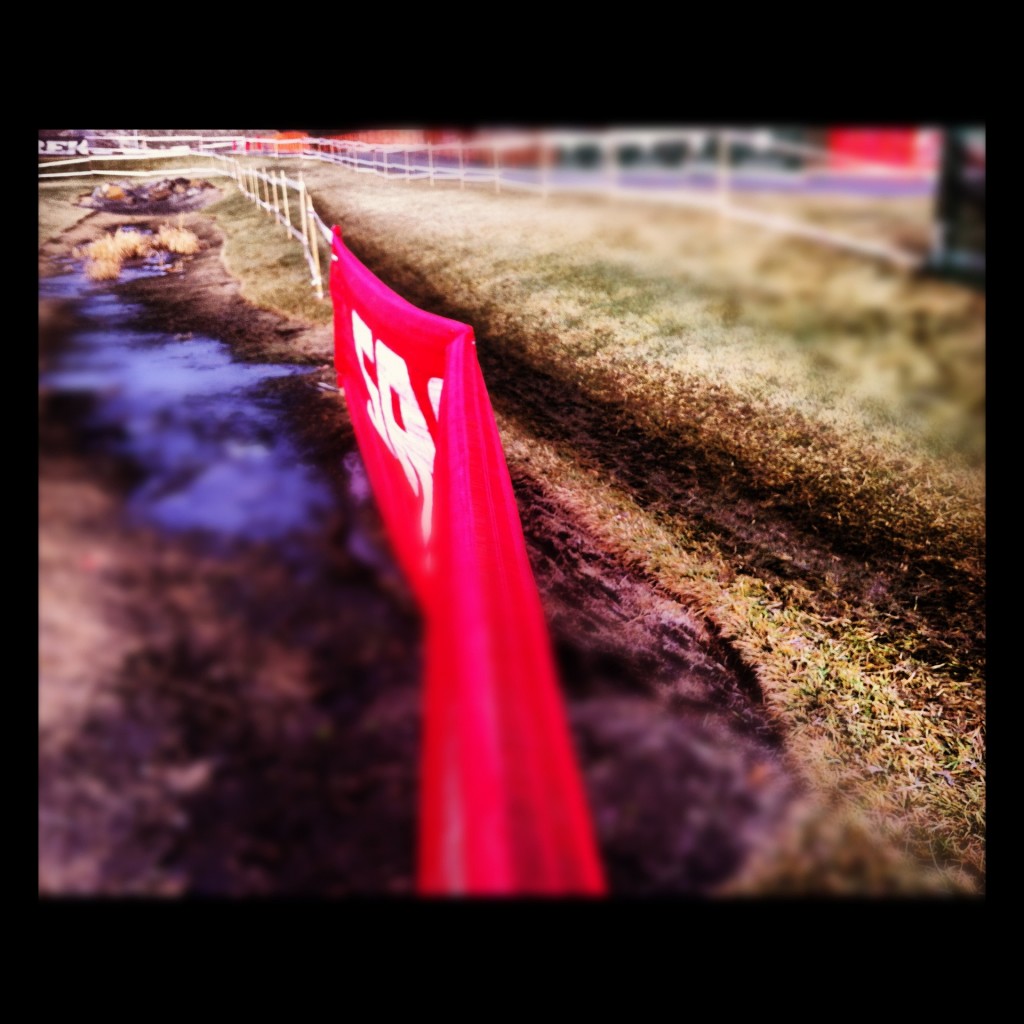 When it’s all said and done, what happens on the course stays out there. If all goes right, you’ve left it all out there, on the ground, with nothing left! Some may celebrate with a beer or bacon hand-up during the race, if they can stomach it. You always celebrate with friends and a beer at the finish. There is mad cheering, the ringing of cowbells, the intense clamor of hundreds of fans yelling the worst insults and odd words of encouragement imaginable to get one to just try that little bit harder. Sometimes you can’t even hear the words of anguish in your head over the white noise outside the course. When it’s over, you forget how bad it hurts, and instead remember that feeling of great accomplishment from a hard day’s work, the smile of competition, and the camaraderie you share with others suffering the same fate.
When it’s all said and done, what happens on the course stays out there. If all goes right, you’ve left it all out there, on the ground, with nothing left! Some may celebrate with a beer or bacon hand-up during the race, if they can stomach it. You always celebrate with friends and a beer at the finish. There is mad cheering, the ringing of cowbells, the intense clamor of hundreds of fans yelling the worst insults and odd words of encouragement imaginable to get one to just try that little bit harder. Sometimes you can’t even hear the words of anguish in your head over the white noise outside the course. When it’s over, you forget how bad it hurts, and instead remember that feeling of great accomplishment from a hard day’s work, the smile of competition, and the camaraderie you share with others suffering the same fate.
If you lose this focus, which happens often- what with the myriad of factors that can force one to come unraveled- then it’s back to survival.
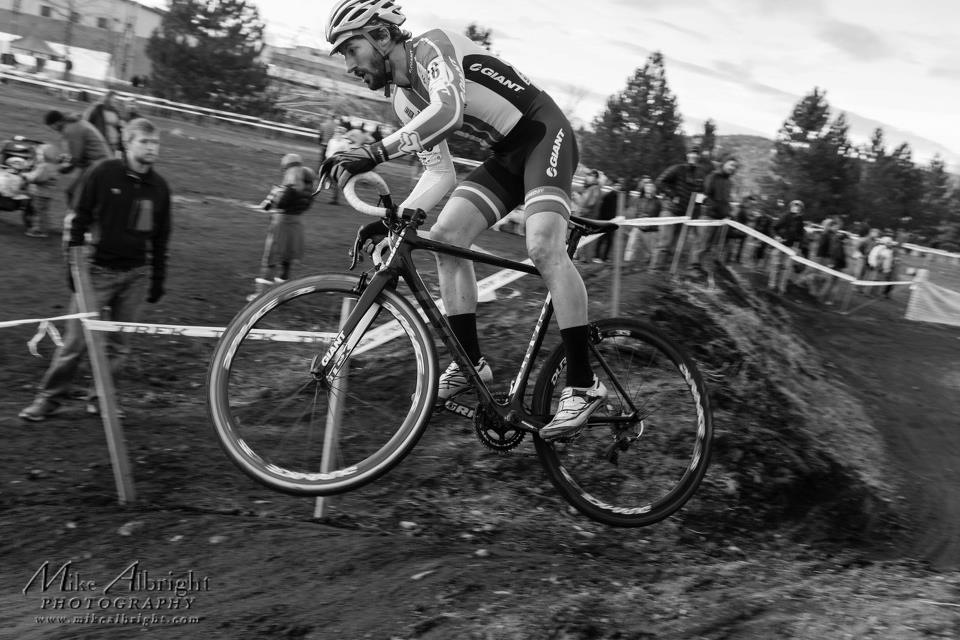 So the next week you line up at the start line, same time, different day, different place, but same goal. You race like there is no tomorrow. You forget the worries of life, the laundry you forgot to do at home (don’t worry, there will be more to do after this mud bath), and you forget the trivial hurdles of one’s career or the daily commute. There is no time for any of this. It’s just pure focus; a brutal simplicity that rarely seems to happen outside of nature. If you lose this focus, which happens often- what with the myriad of factors that can force one to come unraveled- then it’s back to survival. The mud got you. Your legs didn’t feel good. You rolled a tire off your wheel. You slid head first into the course tape that is now coming apart at the seams even faster than your mind is falling to pieces…Somewhere between this and when you were slogging over a calf deep puddle of water and mud nearly freezing your digits off, you snap back into it. You pull it together and you do what it takes to stay in the race. This is all part of the fun. This is ‘cross.
So the next week you line up at the start line, same time, different day, different place, but same goal. You race like there is no tomorrow. You forget the worries of life, the laundry you forgot to do at home (don’t worry, there will be more to do after this mud bath), and you forget the trivial hurdles of one’s career or the daily commute. There is no time for any of this. It’s just pure focus; a brutal simplicity that rarely seems to happen outside of nature. If you lose this focus, which happens often- what with the myriad of factors that can force one to come unraveled- then it’s back to survival. The mud got you. Your legs didn’t feel good. You rolled a tire off your wheel. You slid head first into the course tape that is now coming apart at the seams even faster than your mind is falling to pieces…Somewhere between this and when you were slogging over a calf deep puddle of water and mud nearly freezing your digits off, you snap back into it. You pull it together and you do what it takes to stay in the race. This is all part of the fun. This is ‘cross.
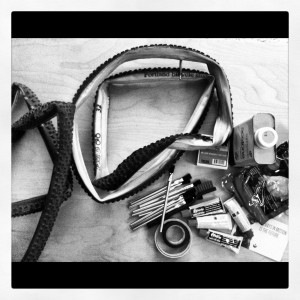 The middle of the week is spent doing brutal sets of intervals, fall rides in the transition period with leaves on the ground, gluing on new tires, checking pressure, cleaning and washing until the drain in front of the garage gets clogged with the remnants of what happened on Sunday. You kind of dread what is ahead, but also look forward to the next race with a sudden urgency, to get back out there and try to put together the perfect day. The day when everything goes right, you make no mistakes, you feel good, and it all comes together.
The middle of the week is spent doing brutal sets of intervals, fall rides in the transition period with leaves on the ground, gluing on new tires, checking pressure, cleaning and washing until the drain in front of the garage gets clogged with the remnants of what happened on Sunday. You kind of dread what is ahead, but also look forward to the next race with a sudden urgency, to get back out there and try to put together the perfect day. The day when everything goes right, you make no mistakes, you feel good, and it all comes together.
This season all came together for me on the second day on the seventh lap of a nine lap race.
Last weekend we wrapped up the Oregon ‘cross season with a fantastic day at the US Grand Prix of ‘Cross in Bend, Oregon. Two days of back to back racing with the nation’s top racers, some of whom are among the world’s best athletes. Bend is a beer drinking town with a major bike problem, and they have an even bigger ‘cross problem! The crowds were awesome, the heckling daunting. And the pace was fast. This season all came together for me on the second day on the seventh lap of a nine lap race. Go too slow and the fastest racers will catch you and you are pulled from the course. On my third day of racing in the Elite class with all of the heavy hitters, I found an extra gear and rode like it was my last day to ride a bike in my life. Lap seven came and went and I was still racing. Lap eight was even worse. And then we passed onto lap nine and at that point I found myself on the lead lap, finishing with all of the top racers, admittedly a few minutes back, but still up there! A great feeling!
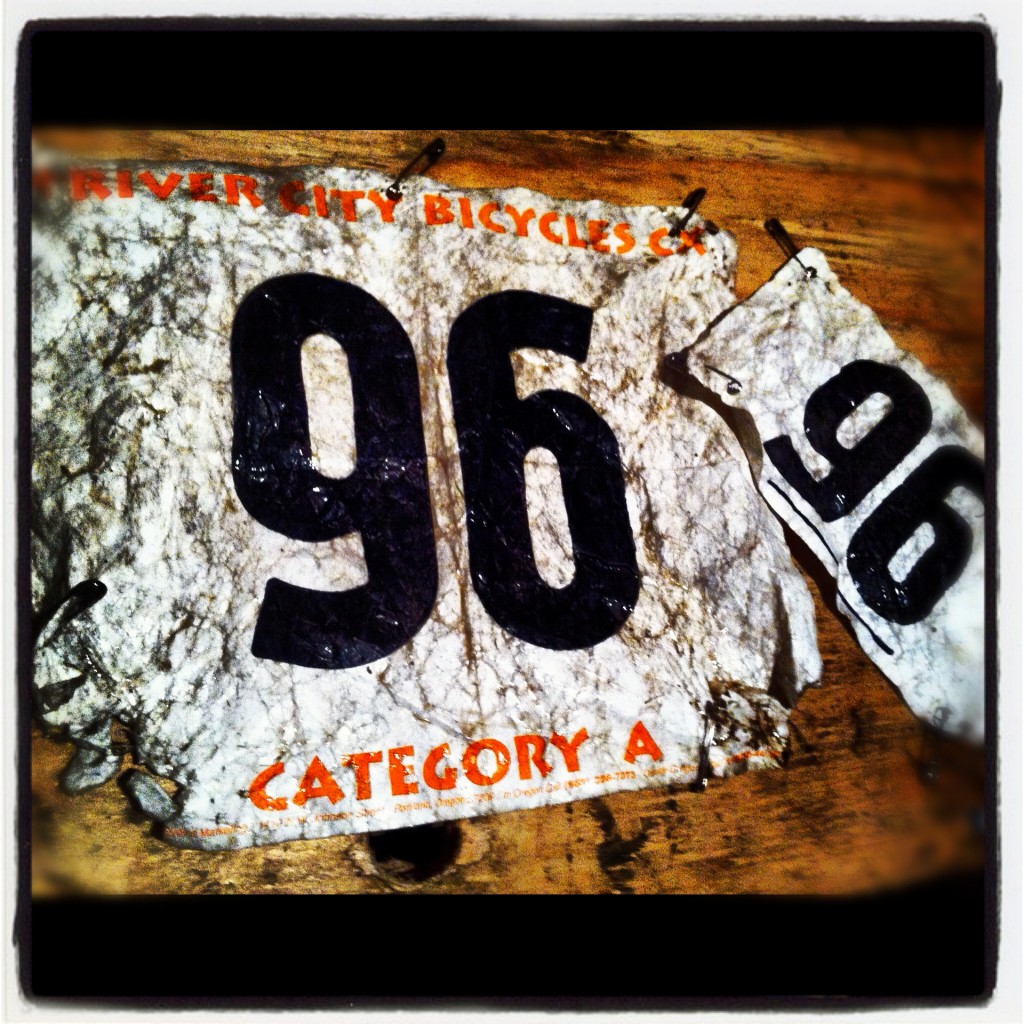 It’s December and time to hang up another set of race #s. They are tattered and a bit worse for wear. The damage is done. Only the warmth of the holidays and a long winter can heal the mind and soul from the effort over the last few months, but I’m already looking forward to next year. The sense of excitement and passion that cyclocross brings to me and the rest of the scene leaves a tear in my eye every time the year is done. But there is always next year.
It’s December and time to hang up another set of race #s. They are tattered and a bit worse for wear. The damage is done. Only the warmth of the holidays and a long winter can heal the mind and soul from the effort over the last few months, but I’m already looking forward to next year. The sense of excitement and passion that cyclocross brings to me and the rest of the scene leaves a tear in my eye every time the year is done. But there is always next year.
 Paul LaCava is an avid cyclist who lives in the Pacific Northwest. He will ride virtually any type of bicycle, preferably on dirt, and often. Paul enjoys most forms of substance abuse: air, water, dirt, ocean, mountains, rock. He believes the best experience is the one you haven’t done yet. Each day on this planet, get out there and find a way to get younger and have more fun!
Paul LaCava is an avid cyclist who lives in the Pacific Northwest. He will ride virtually any type of bicycle, preferably on dirt, and often. Paul enjoys most forms of substance abuse: air, water, dirt, ocean, mountains, rock. He believes the best experience is the one you haven’t done yet. Each day on this planet, get out there and find a way to get younger and have more fun!
Inspire. Connect. Roam Life.
Roam Life provides the tools and support you need to GET OUT THERE and live your life.
For more information on having your adventure hosted on the Roam Life website,
contact josh@roamlife.com
Interested in creating your own adventure? Join Roam Life.
Your adventure begins now.

